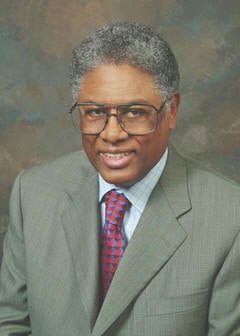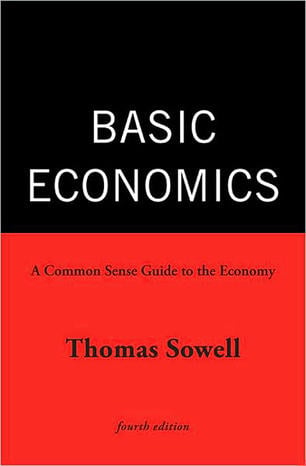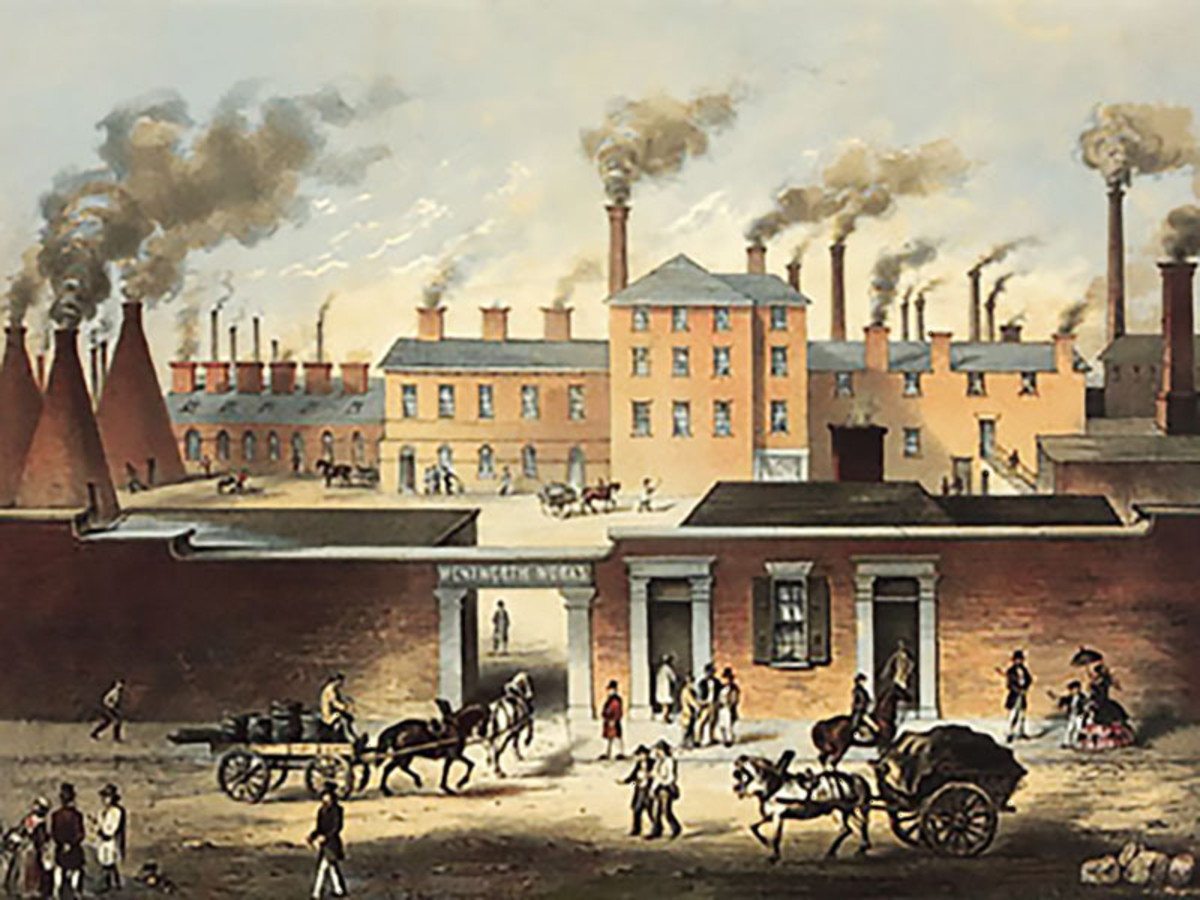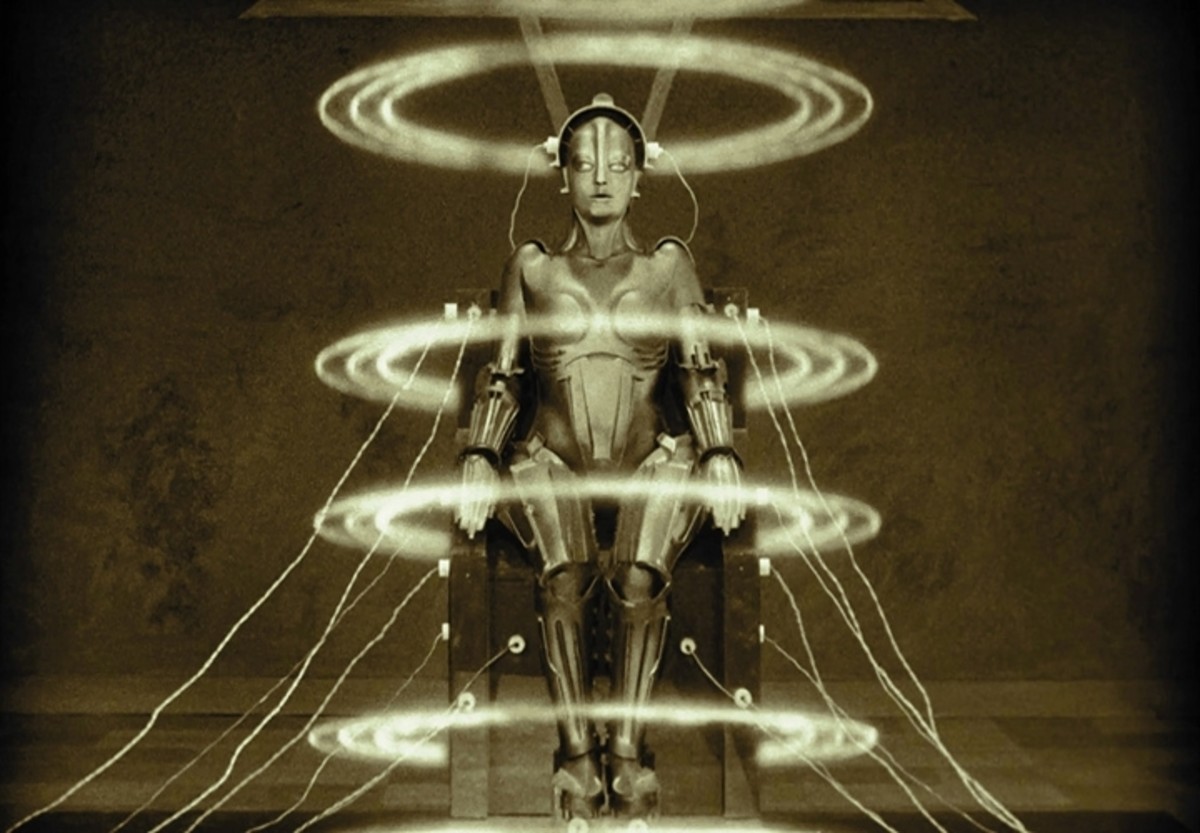Book Review/Discussion of Thomas Sowell's Updated Fourth Edition of Basic Economics: A Common Sense Guide to the Economy


I have to confess that I have become completely fascinated by African Americans who are conservative in their political and social ideology given that the overwhelming majority of them have swallowed the deceptive pill (drug) that Democratic politicians truly have their best interests in mind. Thomas Sowell is one such conservative.
Thomas Sowell is one of the greatest economists of our day. He is a protégé of Nobel Prize winning economist Milton Friedman. Mr. Sowell is also a columnist and bestselling author and is currently a fellow at the Hoover Institution, Stanford University. He has instructed economics at Cornell, Amherst and UCLA.
Mr. Sowell has written some absolutely fantastic, common sense, easy to understand books about economics for everyday folks. He has also written some very provocative books about society and race through the years. He is currently 80 years old and still churning them out regularly!

His highly regarded tome Basic Economics: A Common Sense Guide to the Economy was released in its fourth edition in December of 2010 and is dedicated to the idea that economics should be as uncomplicated as possible. Don’t be intimidated by its nearly 800 pages! People have said they feel like they have a degree in economics after reading this book without the agony.
When asked in an interview about the latest edition of the book: How is wealth created and why does the U. S. have the highest Gross Domestic Product (GDP—refers to the market value of all final goods and services produced within a country in a given period. It is often considered an indicator of a country's standard of living) in the world? He responded that “wealth is created when people that know how to do it are free to do so.” He went on to say that the U. S. did not become the biggest economy by politicians doing something. It became the biggest due to all the unnamed hardworking businesspeople that created the wealth.
He says that one the greatest things that pains him in light of the recent economic crisis is when people say the government needs to do something to make the economy recover or create jobs. His reply is that, no, they should not do anything. If government will just stay out of the way the economy will recover on its own much better and faster than if the government intrudes.
A Sample of Thomas Sowell's Books

From 1983 to 2008 the U. S. economy experienced a quarter of a century of uninterrupted economic growth. What caused the downturn? Sowell says it actually started shortly prior to 2008 with the housing boon and bust. When the people who had been given mortgages they couldn’t afford and requiring little down payment started to bail out of their mortgages, it created something similar to a snowball rolling down a hill and getting bigger and bigger the further it falls.
The politicians decided more home ownership and affordable housing was needed, so they decided to change the rules and require lenders to lend to high risk buyers. There had been a reason they hadn’t lent to before—they weren’t likely to be able to pay it back.
He says the so called economic stimulus didn’t create many jobs; it simply created boondoggles for the politicians to hand money to special interest groups (and ensures their votes). Despite all the money given to banks, lending went down. Despite all the money given to businesses, they reduced their investments.
He says one of the most detrimental things to the economy occurs when the government sells its debts in the form of bonds to the Federal Reserve. This is called monetizing debt. The Federal Reserve simply creates money by writing in new numbers on the books. The increase in the money supply reduces the value of every single dollar in the country.
This is called inflation which is essentially a hidden tax on every individual in the U. S.—not just the wealthy. They do this again and again and get away with it because most people don’t understand basic economics. The U. S. government is actually stealing from every single individual in the country that possesses any money.
Regarding tax cuts to the rich, Sowell says that every time in the past hundred years that across the board tax cuts were given, it resulted in an increase in tax revenue. Four administrations (both democrat and republican) pushed through these cuts through: Coolidge, Kennedy, Reagan and G. W. Bush.
Sowell echoes Ron Paul’s loud lament that the Federal Reserve should be done away with. He says the Federal Reserve was created to prevent bank failures but in the 1930s there were more bank failures than anything seen in the U. S. prior to that time. See the You Tube video below in which Sowell gives his sensible reasons for abolishing the Fed.
Thomas Sowell explains why the Federal Reserve should be done away with
Other articles about economics
- The government economic crisis is a way of bringing in one world currency
- Evan's Easy Economics: #15 Qualities of Good Money
- Market bubbles under magnifying glass: what causes financial and economic bubbles
In the hub I want to explore the reasons for different financial and economic bubbles and to see how they are connected with the recent crisis. We still feel the consequences of global economic crisis that hit...





